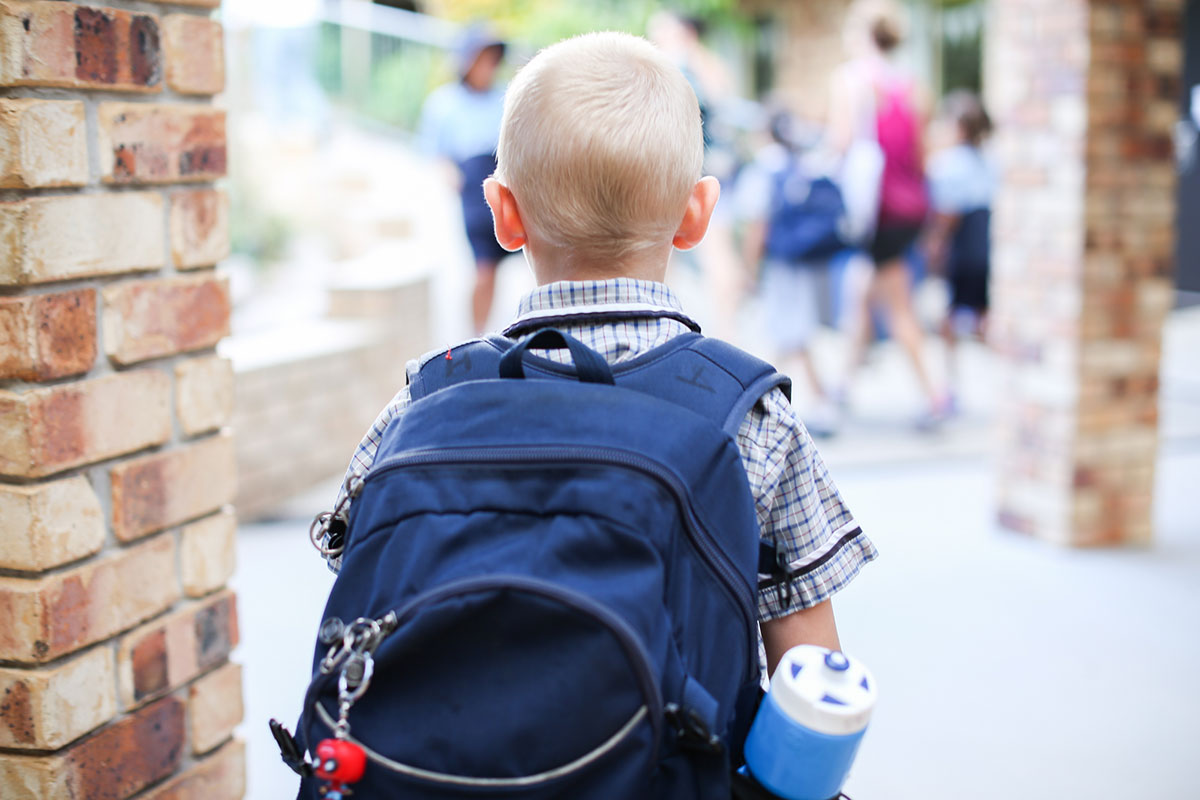No doubt many parents and children are experiencing a degree of separation anxiety or have so earlier in the year. Separation anxiety is a normal reaction for a child who is leaving the presence of a trusted parental figure. The anxiety usually reduces over time as the child develops trust in the new environment. Research reveals that the quality of the mother or father’s “emotional availability” (their sensitivity and responsiveness to their child) plays a significant role in enabling their child to cope well with separations, nevertheless, some children still experience separation anxiety even with their mother’s and father’s love and support. I have written 3 quick tips for those who might be struggling with this type of anxiety.
Tip 1)
Create a Good-Bye Ritual
Creating a good-bye ritual can help your child learn what to expect when the separation occurs. If parents stay too long trying to ease their discomfort, it often makes the separation worse. This is where your emotional regulation skills come into play. Take a step back from the situation and remember that this separation is a necessary part of their development.
Tip 2)
Provide Reminders
Be sure to remind your child that you will always come back to get them (eg, Mummy and Daddy always come back). Try not to be late when picking them up – you want to build a habit of always being there on time for pick ups to build that certainty and safety in your child’s mind.
Tip 3)
Practice Emotional Regulation
Your child will sense your feelings and imitate your behaviour. This phenomenon is made by possible by mirror neurons and has been one of the most important neuroscience discoveries in recent times. Its fundamental purpose is to observe behaviour and emotion in others and respond to it, sometimes without our conscious awareness. Therefore, if you implement strategies to manage your own anxiety, it will set a positive atmosphere for your child to feel safe and secure.
What is Separation Anxiety Disorder?
Separation Anxiety Disorder is a focused and excessive form of anxiety concerning separation from those who the child is attached. It can be displayed by some of the following:
- An unrealistic, preoccupying worry about harm happening to their parents
- Persistent reluctance and/or refusal to go to school specifically because of the operation involved
- Persistent reluctance or refusal to go to sleep unless they are near parents
- Repeated nightmares specifically about separation
It is possible for a parent to impede upon the healthy development of their child if they consistently and purposefully avoid situations where separation is necessary. If you or your child is struggling with separation it is always better to get support sooner rather than later.
If you are concerned about your child and would like to refer them to the school counsellor, please contact front reception 07 3897 2990 or email admin@mueller.qld.edu.au






